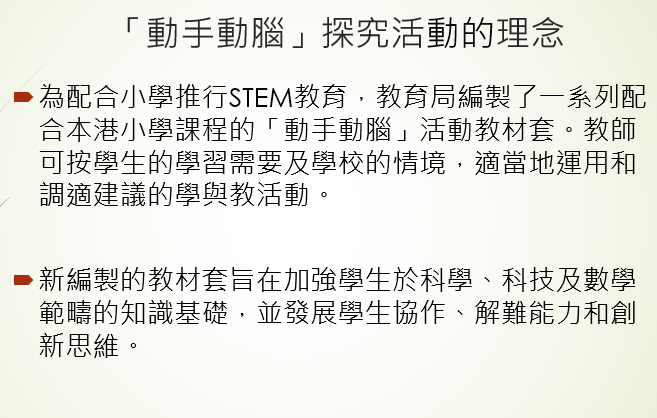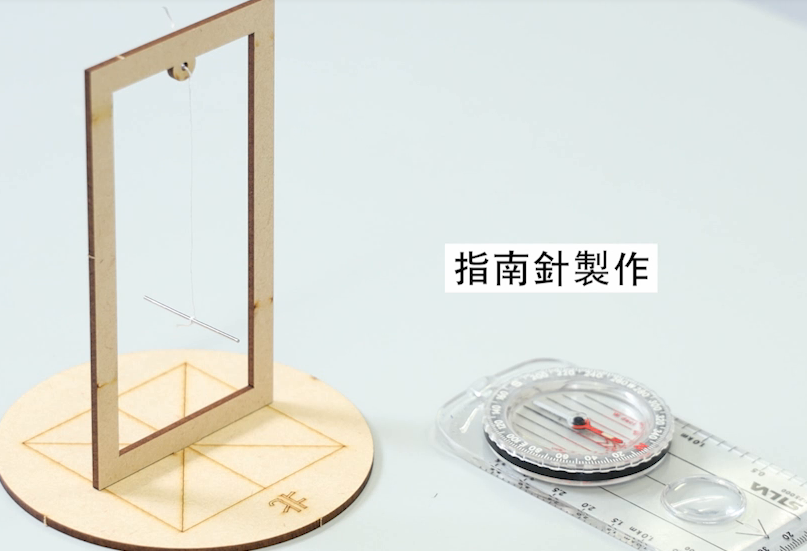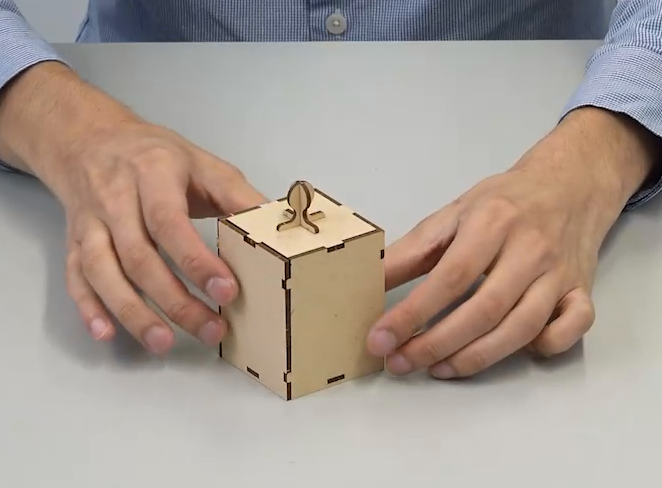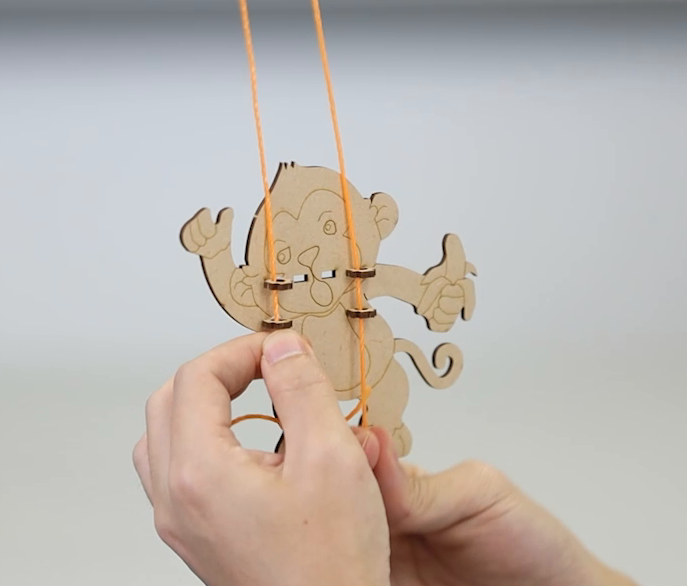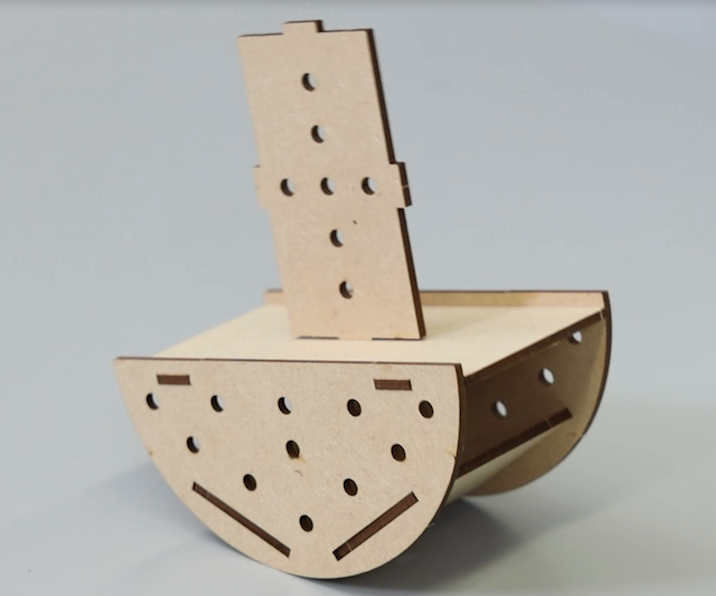To promote STEAM education in primary schools, the Education Bureau has developed a series of hands-on and minds-on activities teaching kit which is in line with local primary school curricula. The teaching kit includes five inquiry based activities i.e. “Compass”, “Stamp”, ” Climbing toy” , “Tumbler” and Sundial with teaching videos, worksheets, teacher notes and CAD files, etc. The newly developed teaching kit aims to strengthen students’ knowledge base in science, technology and mathematics, and develop students’ collaboration, problem-solving skills and innovative thinking. Teachers can use and adjust the suggested learning and teaching activities according to the learning needs of students and the situation of the school appropriately.
Learning Key Stage: KS2 –Primary 4 to 6 KLAs / Subject: Science Education
/ Technology Education / Mathematics Education / General Studies
Teaching kit: Download Teaching kit: Download (Could be downloaded by logging in with HKEdcity account)
Videos of “Hands-on and Mind-on” inquiry based activities (Chinese version only)
Activities Videos Learning Objectives Links of Videos 1. Introduction of the teaching kit Introduce the rationale, characteristics and learning elements of the teaching kit.
2. Compass Through the process of design and make of the compass, students can:
Understand the evolution of the compass and its impact on humans (knowledge)
Use compass to measure direction (skills)
Use magnetism and common materials to make a compass (skills) Appreciate the wisdom and contribution of ancient Chinese people (attitude)
3. Stamp Through the process of design and make of stamp, students can:
Recognize that the use of stamp graphics and printed graphics can form symmetrical graphics (knowledge)
Use computer software to make symmetrical graphics (skills) Appreciate the long history and culture of China (attitude)
4. Climbing toy Through the process of design and make of climbing toys, students can:
Recognize and apply friction (knowledge)
Design and make products using design cycles (skills)
Applied scientific process skills, such as observation, prediction, measurement, recording and inference (skills)
Show curiosity and sustained interest in science (attitude) products using design cycles (skills)
5. Tumbler Through the process of design and make of tumblers, students can:
Use the average values to estimate the shorter activity time (knowledge)
Use stopwatch to measure activity time, use scientific process skills in inquiry activities (skills)
Complete the inquiry task with a serious and rigorous attitude (attitude)
6. Sundial Through the process of design and make of sundial, students can:
Recognize the relationship between the Earth’s rotation (different time) and shadow changes (knowledge)
Understand the relationship between the earth’s revolution (different seasons) and shadow changes (knowledge)
Apply scientific process skills such as: observing, predicting, measuring, recording and inferring (skills)
Apply design cycles to improve products (skills)
Demonstrate curiosity and continued interest in science and Chinese culture (attitude)
